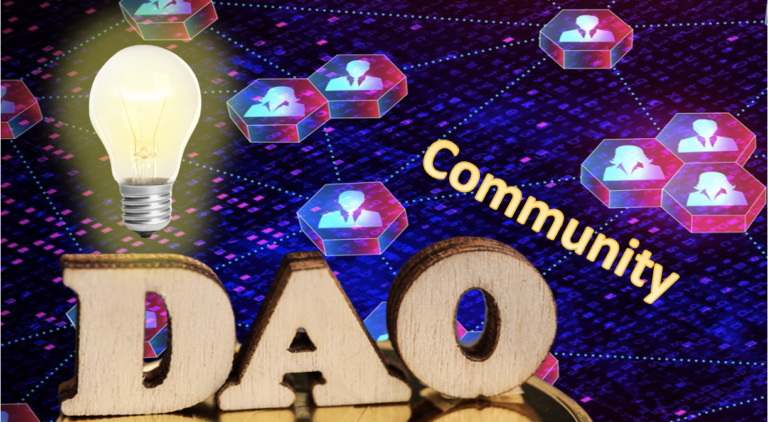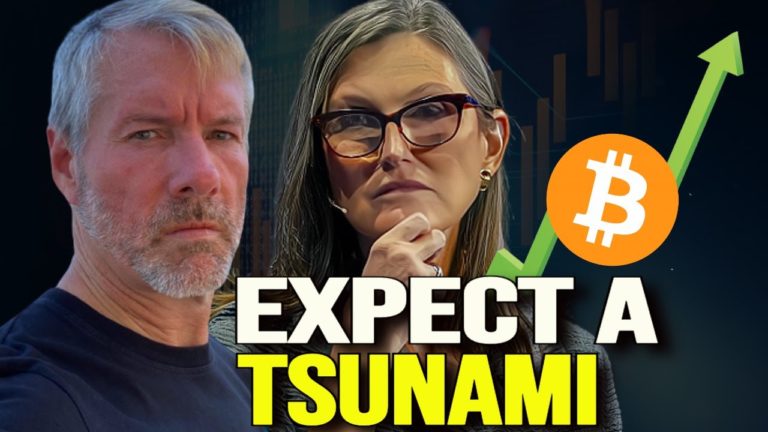Blockchains are the foundation of cryptocurrencies. They each can have their own means of arriving at consensus. For example, the consensus protocol of Bitcoin’s blockchain (BTC) is based on proof-of work, while Cardano’s blockchain (ADA) is run by proof-of stake. Ethereum’s blockchain (ETH) is mostly proof-of-work, but at the time that I am writing this Ethereum is migrating to a proof-of-stake protocol. Questions about the environmental impacts of proof-of-work blockchains were raised by Elon Musk in a recent tweet:
Tesla & Bitcoin pic.twitter.com/YSswJmVZhP
— Elon Musk (@elonmusk) May 12, 2021
After Elon publicly criticized Bitcoin, proof-of-stake blockchains rallied, as their protocols are perceived as more friendly to the environment.
But this may not tell the whole story.
Ethereum, which is moving to a proof-of-stake protocol, requires that you hold 32 Ethereum to become a validator. At the price of Ethereum at $4000 per ETH, this means you must hold roughly $128,000 (USD) worth of Ethereum to become stakeholder. In essence, the rich get richer through Ethereum. You can become part of a Ethereum staking pool to share in the rewards, however, your voice in determining the future direction of the Ethereum network protocol will not be heard (as only the validators have governance capability).
Cardano works in similar fashion. As stated on Cardano’s website… the more stake in the form of ADA that is “delegated to a stake pool (up to a certain point), the more likely it is to make the next block – and the rewards are shared between everyone who delegated their stake to that stake pool.” Governance on the Cardano blockchain works differently than Ethereum. Instead of the stakers getting to vote, it is the token holders that get to vote… and the more Cardano that you have, the more your vote will count. Both of these consensus algorithms require a proof of stake, but in essence you are proving your wealth.
The Bitcoin blockchain has wealth barriers as well. As the hash rate has now gone to 179 million (TH/s), the cost to mine is beyond affordable. Though it is not only the mining pool operators that get to decide the future direction of the protocol (full node operators must agree to upgrade to software updates), starting a mining operation has become very costly.
In a sense, these platforms are indeed being powered by the decentralized wealthy. But does this mean that these Cryptocurrencies should not be adopted altogether?
We have to measure the value of cryptocurrency against the current fiat system of money and exchange before making such a judgment. Cryptocurrencies also provides value through productivity enhancements, and not mention the sovereignty that comes with owning crypto.
In the case of US dollars and other fiat currencies, we have little to no other choice when it comes to the currency we wish to transact with. And many of us have the false belief that fiat currencies cannot lose their value. If you were on the losing side of the Civil War, you certainly didn’t believe that… as the value of your currency rightfully went from $1 to .03 cents. After world war I, “horrible inflations in Germany, Czechoslovakia, Hungary, Austria and other countries,” had devastating impacts on their currencies and the citizens that relied upon them.
Even today, in countries like Argentina, harsh capital controls are enforced in an attempt to maintain the existence of their currency. More recently, Turkey has attempted to ban cryptocurrency exchanges as Turkey’s civilians look for an alternative to the unstable Turkish lira.
Contrary to this… Cryptocurrencies are stateless. This is not to say there is a complete separation of money and state with crypto, as we still are required to pay taxes on these assets… but they do remove us from a system where governments inflate and deflate the value of their currencies as they see fit. Our current system is a global mechanism of bailouts, currency wars, inflation, and in some cases even hyperinflation (where your cost of eggs could double every week).
Blockchains, however, are built to allow for peer-to-peer exchange, meaning you can exchange from one person to another without the need for an intermediary: such as a bank, credit union, credit card company, broker, or any other type of distributor. Smart contracts through platforms like Cardano (ADA), Ethereum (ETH), and Polkadot (DOT) will allow for a wide-range of peer-to-peer exchange: such as transfer of property titles from one person to another, rights to digital art, the transfer goods and services of all kinds– all without the need for an expensive middle person.
In terms of the environment, the costs of third parties are astronomical. Instead of just thinking about how much power the Bitcoin network requires—think about how much the whole supporting system of the no-longer-needed third party intermediary requires. Think of the countless skyscrapers or the hundreds of thousands of lawyers behind our regular contracts (and their expensive offices too).
The benefits of both proof-of-work blockchains and proof-of-stake blockchains far outweigh the current system of fiat. The aforementioned examples only touch the surface. In this respect, proof of wealth is the better alternative. Conceivably, even though wealthy validators in the Ethereum network only get to vote, staking pools could be set up in such a way that those partaking in the pool could cast a vote to the validator, who in turn could issue their vote based on the collective. This can be developed through a smart contract.
We also must consider that we are still in the early stages of crypto. New blockchains are invented every day. Qortal, a relatively unknown blockchain in its early stages… is decentralized through minters contributing to its network, by which every minter gets an equal vote. This is an example of how a blockchain could be much more inclusive in terms of people getting a fair voice in the future direction of the blockchain. In such system your voice is not dependent upon how much you can afford in mining equipment, or how much crypto you can afford to stake. It depends on your contribution to the network.
For many of us, when we first purchased Crypto it was through an exchange like Coinbase. When we heard that exchanges were being hacked, we may have moved our crypto off the exchange and into a crypto wallet. From there, some of us have even went on and used a decentralized exchange to buy cryptocurrency.
Looking back, our first use of a centralized crypto exchange may have only been an on-ramp into crypto. In some ways, Bitcoin and Ethereum too are just on-ramps into the new crypto economy. We cannot close a blind eye to them becoming exclusive only to people who can prove their wealth to the system. As both of these cryptocurrencies are still under development in pursuit of scalable decentralization, it understandable that unintended consequences may arise (but such consequences need to be resolved).
Bitcoin has only been around for a little over decade, which is a very short span in the history of money. And it is our very own attention, engagement and voices that will decide the future of blockchains. There are thousands of cryptocurrencies in existence to explore, some of which will align with our principles and values (and some that will not). But as crypto enthusiasts, remember that projects like Bitcoin were begun by cypherpunks, and still have active communities deciding upon its future direction. There are many idealists in these communities, who have gifted us with the potential for our individual sovereignty with peer-to-peer transactions. So let’s give homage to these groundbreaking achievers. Acknowledge that there is still plenty of innovation needed to perfect our blockchains. And be sure to support the best-efforts to accomplish the completion of democratic cryptocurrencies, equal to us all and not just the wealthy.







